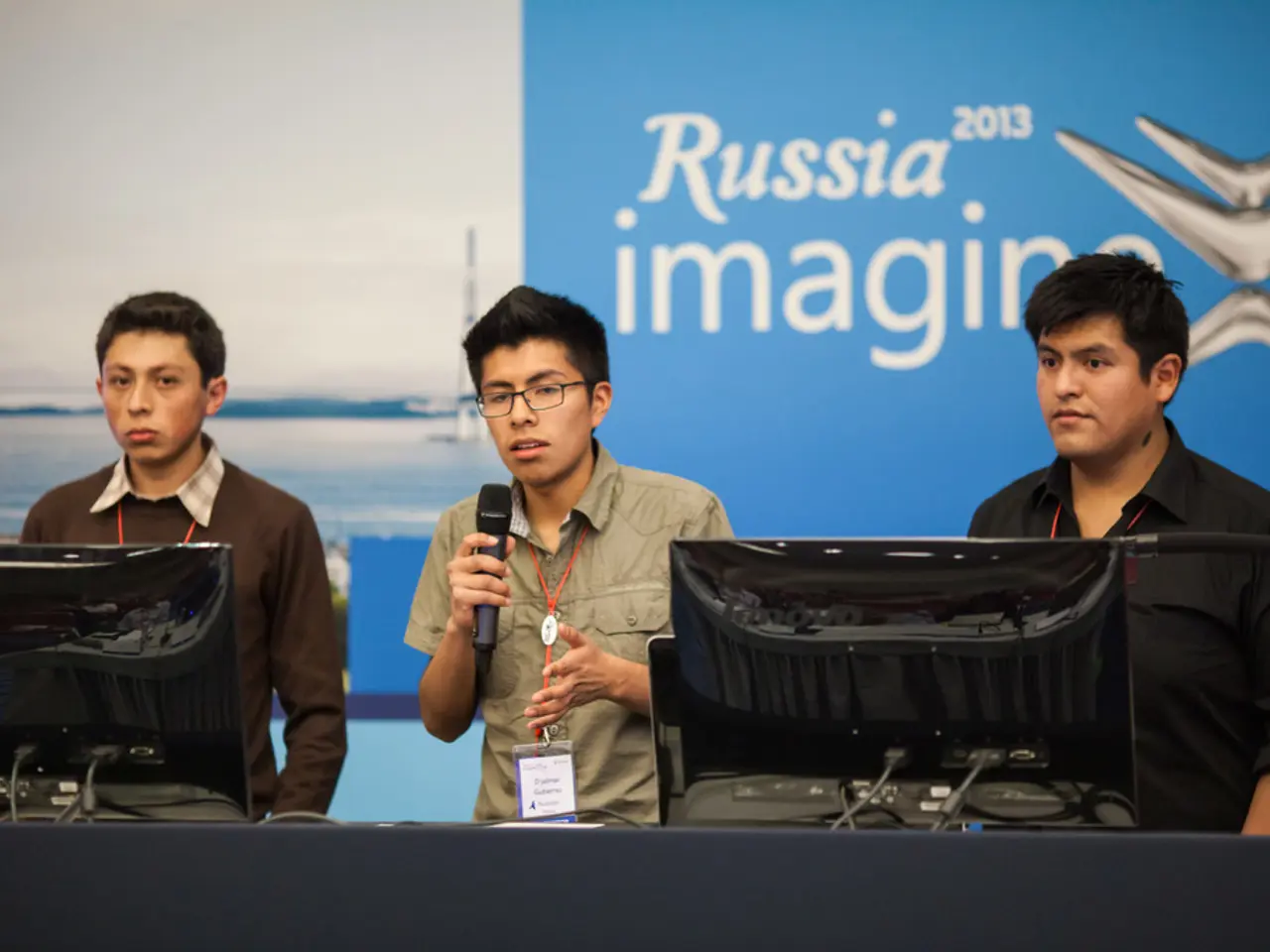"Foreign researchers in Sweden find their careers jeopardized due to geopolitical issues"
In recent times, foreign researchers in Sweden have been encountering delays and uncertainties in their permanent residency applications, with some even facing the possibility of deportation and entry bans. Two researchers, Li, a Chinese researcher, and Vera, a Russian researcher, have found themselves in this predicament.
Li, who has been residing in Sweden, has experienced delays in her permanent residency application process due to the involvement of the Swedish Security Police (Säpo). In March 2025, her case was sent to Säpo for further investigation. Despite her workplace having robust security measures in place, Li is confused as to why Säpo thinks she may be a security risk.
Similarly, Vera, a Russian researcher, has had her permanent residency application changed to a standard residence permit extension due to having less than the required 16 months left on her job contract. Her case was referred to Säpo, and she was advised to leave Schengen and withdraw her application to avoid a ban. Vera is frustrated that the Migration Agency has not provided any information regarding why her husband's case was reported to another agency or why Schengen entry bans have been issued to other applicants.
The increased scrutiny of foreign researchers, particularly those from Russia, Iran, and China, is part of Sweden's efforts to counter foreign espionage. This enhanced security scrutiny includes checks for close ties to these high-risk countries such as extended stays, financial support from them, or extensive collaborations, potentially leading to restricted cooperation or exclusion from sensitive projects.
University Union SULF has reported a significant number of Russian academics either waiting for a response from the Migration Agency, having received a rejection and a ban on re-entering the EU, or having withdrawn their applications to avoid this.
Vera's son, who has an intellectual disability, receives support through Sweden's LSS system and attends an adaptive school. Vera argued in her application that she did not want to disrupt his treatment or schooling by moving back to Russia. If Vera had to return to Russia, she would probably have to give up her career and stay home as a full-time carer.
Both Li and Vera have expressed their concerns to other PhD students, advising them against coming to Sweden due to issues with Säpo and long waiting times at the Migration Agency. Li has put her home on the market and is looking for jobs "basically anywhere in the world except China, Sweden, and the US".
The situation has taken a toll on both researchers. Li has found the situation "frustrating", leading to a "mental breakdown". Vera, on the other hand, is currently experiencing stress due to her family being split between Sweden and Russia.
Permanent residency rejections for citizens of these countries have increased since 2022. While specific direct consequences like deportation or legal actions in Sweden are not detailed, similar Nordic models suggest possible restrictions on international collaboration and tighter controls.
As Sweden strives to attract foreign researchers, the current situation presents a challenge. The uncertainty and potential repercussions are causing distress among foreign researchers, potentially dissuading them from pursuing their careers in Sweden.
Read also:
- Understanding Hemorrhagic Gastroenteritis: Key Facts
- Stopping Osteoporosis Treatment: Timeline Considerations
- Trump's Policies: Tariffs, AI, Surveillance, and Possible Martial Law
- Expanded Community Health Involvement by CK Birla Hospitals, Jaipur, Maintained Through Consistent Outreach Programs Across Rajasthan








